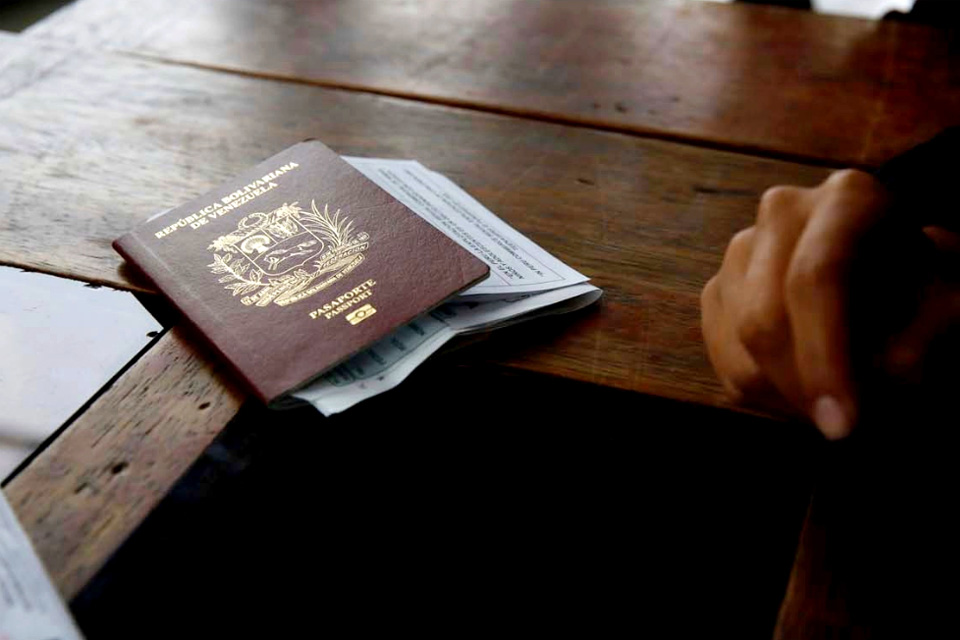A survey produced by the National Confederation of Commerce in Goods, Services and Tourism (CNC) indicates that bets, as virtual sports betting platforms have become known, can generate an annual loss of R$117 billion for commercial establishments in the country.
The results of the study, released last week, also show that, between June 2023 and June 2024, Brazilians spent R$68 billion on bets. The amount represents 0.62% of the country’s Gross Domestic Product (GDP) and 0.95% of total consumption in the period.
“Each sale that is lost in retail costs more than the sale itself. Because there are fixed costs that don’t change. If you were used to earning R$1,000 per week and, suddenly, you start earning R$500 per week, the impact is greater than R$500. Your workforce, your inventory, your entire working capital cost is programmed for a sales volume. What we calculate is that there is a potential loss of R$117 billion per year. year if this escalation of spending on betting continues”, explained the CNC’s chief economist, Felipe Tavares, in an interview with Brazil Agency on Tuesday (24).
The study was based on the Balance of Payments, through which the Central Bank records operations carried out in the country. “In the official data series, you can find this part of families’ spending on these bets”, adds Felipe.
The survey also warns of the fact that spending on platforms puts families in a situation of default, affecting retail consumption. The operation of bets in Brazil was authorized by Federal Law 13,756approved in 2018. Since then, they have grown in the country and have been investing heavily in advertising, including sponsoring football clubs. According to Felipe, the biggest concern involves online casino types, such as Jogo do Tigrinho.
“Sports betting platforms now host many types of online casino. And one difficulty is that we can raise the value of bets in general, but we cannot segregate what is a sports bet and what is an online casino. But looking at Historically, before the Tigrinho Game heated up, spending was around R$2 billion. And with the explosion of the online casino, it went up to R$68 billion. with bets are spent on some type of online casino”, he states.
Female audience
Data collected by the CNC with the assistance of the Brazilian Society of Retail and Consumption (SBVC) also provides a profile of bettors. It is noteworthy that online casinos attract a majority female audience. In football betting, the main sport, men spend the most.
According to the CNC, the popularity of the Tigrinho Game with the female public is worrying, because it may indicate the possibility of significant impacts from a social point of view, since social benefits are paid preferentially to women. Last Tuesday (24), the Central Bank released a technical note pointing out that Bolsa Família beneficiaries spent, in August, R$3 billion on bets through transfers in the Pix modality. Since then, the government has been signaling which will make moves to increase control over the platforms.
Real casinos
Based on the study data, the CNC presented, this week, an indirect action of unconstitutionality (link: https://agenciabrasil.ebc.com.br/justica/noticia/2024-09/stf-marca-audiencia-publica- to-debate-online-betting-market) to the Federal Supreme Court (STF) questioning the regulation of the betting market in Brazil. Furthermore, he reiterated his position in favor of “real casinos”, that is, those where people bet in person. According to the confederation, while the online modality compromises family income and impacts retail, casinos that have a physical location generate employment and income in countries where they are regulated.
“It is an important activity for the development of Brazilian tourism. We estimate that, with physical casinos, we could have approximately R$22 billion in tax collection per year. While with online casinos we only reach R$12 billion in taxes according to Federal Revenue calculations. Furthermore, they do not generate formal jobs for the country. Physical casinos can generate up to 1 million direct and indirect jobs in tourism”, assesses Felipe.
Physical casinos were banned in Brazil in 1946, during the government of Eurico Gaspar Dutra. At the time, it was alleged that gambling was contrary to the moral, legal and religious tradition of the Brazilian people. The decision was taken after campaigns by the Brazilian Lawyers Institute and sectors of the Catholic Church against casinos.
The National Confederation of Brazilian Bishops (CNBB) maintains its position against the release of these establishments. The World Health Organization (WHO) is also critical of measures in this regard and recognizes that gambling addiction can become a public health problem.


















